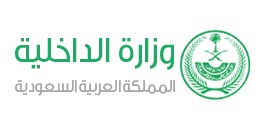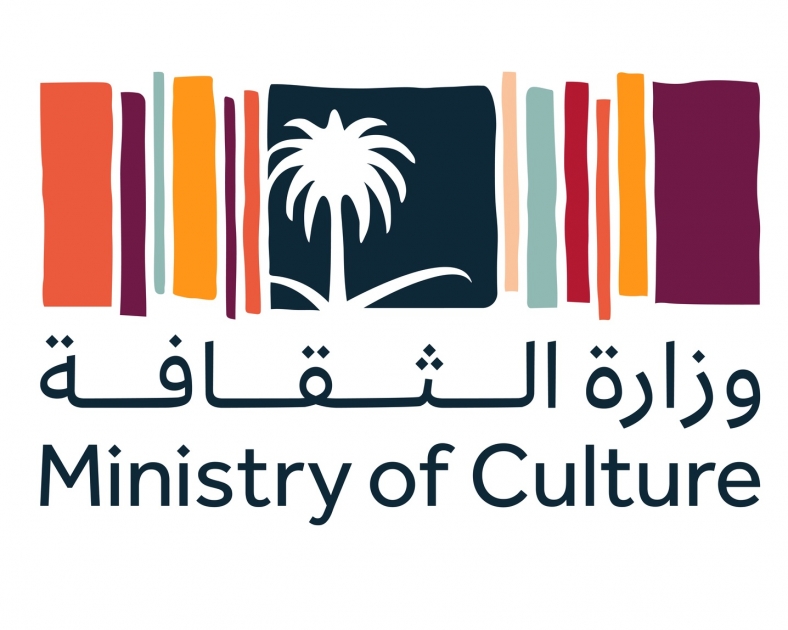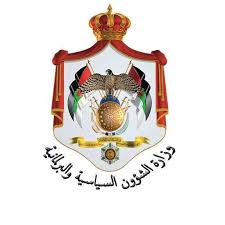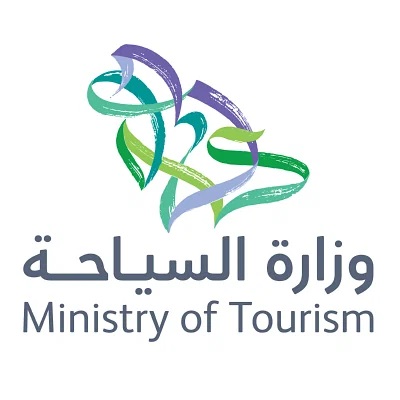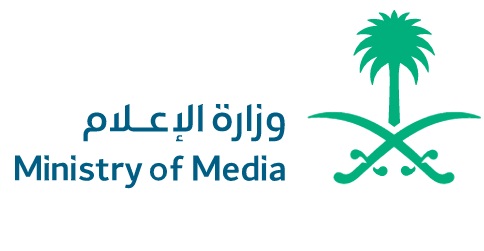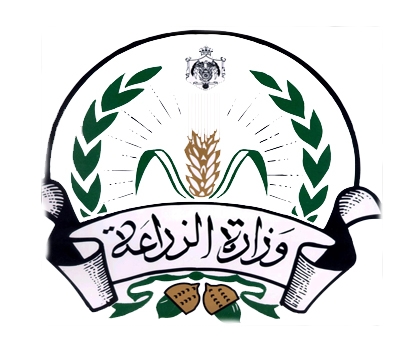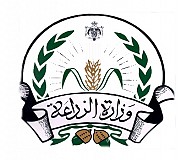
Ministry of Agriculture
Listed in :Government Sectors > Ministries
-
Jordan
The Agricultural Credit Corporation:
Credit in Jordan dates back to the Ottoman era. During that period, there existed the Ottoman Agriculture Bank, which had three branches in Irbid, Salt and Kerak. These branches became independent, following the declaration of the rule of local administration in 1920.
The Jordan Agriculture Bank was created in 1922, having the same three branches of Irbid, Salt and Kerak. In 1934, two new branches were opened in Jerash and Tafila; and in 1954, another two branches were opened in Jerusalemand Nablus.
The Agriculture Credit Bureau was established in 1952. It was affiliated to the Jordan Development Council, and aimed at providing front-line villages in the West Bank with agricultural credit. The Department for Cooperative Construction, a subsidiary of the Ministry of Social Affairs, was conceived with the aim of granting loans to agricultural cooperative societies that represented the nucleus of the Jordan Cooperative Society.
The above-mentioned institutions were merged into one body: the Agricultural Credit Corporation, which was created in accordance with the Temporary Law number (50) for the year 1959. It started its activities in August 1960, and afterwards, the Temporary Law was replaced by Law number (12) for the year 1963.
Sources of Financing for Agricultural Credit, as since 31/12/2000:
Self Financing:
· The Corporation’s capital: (24) million dinars.
· General reserve: (12,4) million dinars.
· Annual receipts: (24,7) million dinars.
External Financing:
· Loans and credit facilities from local sources: (45,8) million dinars.
· Foreign loans from Arab and international sources: (28,2) million dinars.
· Total assets of the Corporation: (125) million dinars.
· The Corporation has (20) branches, as well as (3) regional divisions in northern, central and southern Jordan.
· The Corporation has (390) employees.
General policy of the Corporation
Agricultural Credit Corporation general policy is based on its law and by-laws that aim at achieving the integrated agricultural development in terms of production and productivity increase both quantitatively and qualitatively. The same law and by-laws aim, as well, at raising living standards for farmers by providing the required financing for all types of agricultural projects. The tools to achieve that policy, however, vary according to the economic status that the agricultural sector witnesses as well as its relation with the other sectors at the local and the external levels. The corporation aims at achieving its objectives by operating a group of programs, procedures, and tools that can b briefed as follows:
1. Horizontal and vertical expansion to provide agricultural financing according to the several financing formula in order to outreach all groups and types of projects. Special care is given to those projects in harmony with the economic and social development plans being implemented in the Kingdom as well as the WtO framework based on economic competence of projects. In 2001, the Corporation rendered a total of JD 13.4 million – 32.5% for the reclamation and investment of agricultural lands,30.9% for purchasing agricultural inputs, 17.3% for developing and improving poultry and livestock, 10.1% for developing and improving and investing water resources, and 9.2% for automation and agricultural manufacturing.
2. Restructuring the Corporation and giving it further dynamism and financial and administrative autonomy. Moreover, the Corporation seeks: to further involve the private sector in drawing the financing policies of the Corporation, raising the Corporation capital, an restructuring the interest rates as well as improving its profitability. All this comes in line with its objectives of sustainability, development, and persistent growth in order to fulfill demand for agricultural credit especially at the mid and long term levels.
3. Operating according to the supervised and channeled lending approach as well as providing technical and financial consultancy for farmers. The Corporation also works on publishing information bulletins and agricultural cost directories as well as conducting financial feasibility studies in order to provide for the optimal use of available financial resources while improving the payback capacity to maintain sustainability for the Corporation. Thus, the Corporation has adopted ad improved specialized credit programs directed to certain groups.
These credit programs are covered either from the self-resources or in coordination and cooperation with the local and international institutions as follow:
a. Rural Families Credit Program
The Corporation has given special attention to this program that started in1994. This Program aims at improving living standards for the poor rural families in the Kingdom while activating the role of women to diversify family income sources. This, in turn, must help control the poverty an unemployment phenomena in the Jordanian rural areas. The Program includes the delivery of agricultural loans to the several agricultural domains financed by the Corporation all over the Kingdom. The amount of loans that the Corporation has already delivered under this Program reached JD 233 thousand in 2001 rendered to 128 rural families; average of JD 1821 per family.
b. Income Source Diversification Project
Since 1995, the Corporation has been implementing the income source diversification project in cooperation and coordination with the Ministry of Agriculture. The project is financed by the International Fund for Agricultural Development (IFAD) and the Arab Fund for Economic and Social Development. The Project aims at financing small farmers with low incomes in order to help them lead better living standards in addition to activating women’s role in diversifying their household income sources. The project delivers loans to finance several domains such as sheep fattening, garden construction, agricultural protected reserves, feed manufacturing, and agricultural manufacturing. In addition, there are the projects of improving and increasing the shami and awasi goat types.
Total amounts dispensed under this project accounted for about JD 2.8 million in 2001 given to 1328 beneficiaries from all the areas covered by the Project – an average of JD 2125 per borrower. Although the project is no more in operation, the consultations are underway to restore it using the amounts originally allocated for it. Total amounts dispensed under this project since its start reached about JD 12.2 million given to 6433 borrowers all over its designated sites.
c. Project of Food Production Increase
In pursuance of the agreement executed with the Ministry of Agriculture in 1995 on the food production increase; the Corporation sells tractors, agricultural equipment and chemical fertilizers to the account of the Ministry of Agriculture in cash and in loans. This sale is done in compliance with the credit rules and laws applied at the Corporation. Some agricultural equipment and tractors were sold in 2001 in cash for JD 20 thousand for two farmer beneficiaries. However, the total dispensed amounts in the form of agricultural loans reached about JD 80 thousand given to four farmers.
d. Project of Agricultural Resource management
The Project has been implemented in Kerak and Tafila since early 1998 in cooperation and coordination with the Ministry of Agriculture. It aims at achieving several purposes such as soil maintenance, optimal use of land and available water resources, livestock keeping, and combating poverty in the Jordanian rural areas. The Project is set to provide financing for small farmers and rural families with low incomes at said governorates. Total loans delivered under the project reached about JD 275 thousand given to 181 borrowers in 2001.
e. Credit Program for the Military Group with Special Needs
On 1/11/2002, an agreement of cooperation has been signed with the Hashemite Society for Military People with Special Needs. The Agreement provides for financing individual and collective projects of the Society members with special needs with the aim of improving their living conditions. This end will be attained by means of diversifying their income sources. The annual amounts necessary for financing operations of the qualified projects will be allocated according to the needs and requirements of those benefiting from such a society and in line with the annual credit plan of the Corporation. The agreement term is five years that are renewable.
f. Project of Improving Agricultural Resources at the Yarmouk River Basin
On 12/9/2001, an agreement was signed with the Ministry of Planning to the effect of restore the credit program to improve the agricultural resources at the Yarmouk River Basin. The Project is set to offer loans to projects of improving agricultural production, prevent soil erosion, ad rationalize water consumption in addition to the financing of other income generating projects.
4. Cooperating with the government to mitigate impacts of threats faced by the Agricultural Sector due to drought prevailing at the Kingdom in 1999-2001. this is done either through direct lending or rescheduling of installments and interest rates. The Corporation persisted in treating drought impacts that affected the Kingdom since 1999. Efforts in this context included financing livestock keepers with loans to purchase feed. Total amount of such loans accounted for JD 2.8 million in 2001 given to 1198 livestock keepers; i.e. 21% of total loans delivered by the Corporation 68% of agricultural animal and plant production inputs for the same year.
Upon a Cabinet Resolution, the Corporation exempted all the borrowing farmers from interests of 2001, which accounted for JD 4.3 million (30%-70%) according to the outstanding balance groups and in favor of small farmers. The Government honored the whole exemption obligation.
5. Increase the administrative and financial competence of the Corporation by means of increasing its competitiveness and computerizing all its operations including all branches and relevant institutions. The Corporation persisted in giving more financial and administrative autonomy as well as providing training for employees towards a better competence at work. In 2001, the Corporation delegated a total of 306 mal and female employees to training programs held inside and outside the Kingdom as follows:
It is worth mentioning, however, that the number of employees benefiting from the local and foreign training programs during 1991-2001 mounted to 1816 employees of all specialties, locations and job levels at the Corporation.







